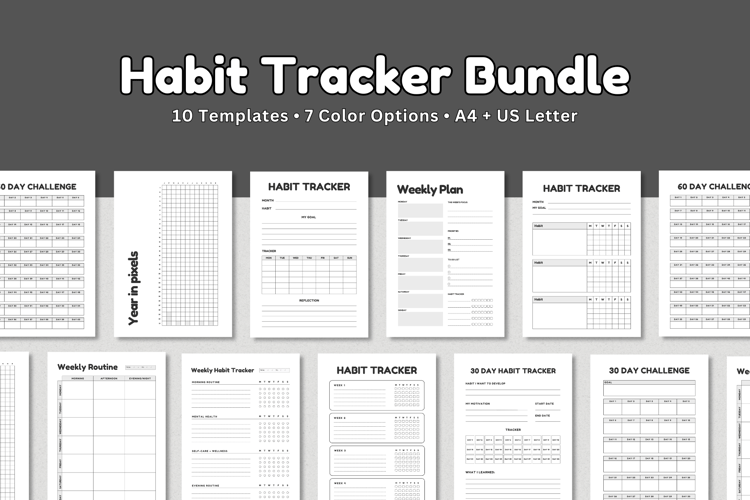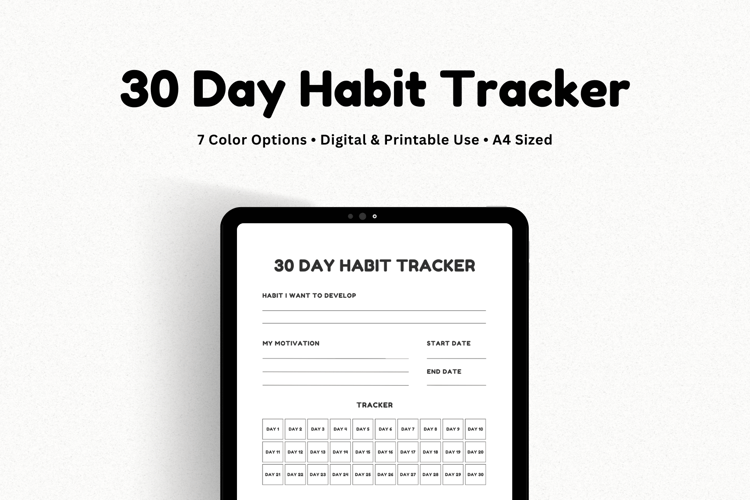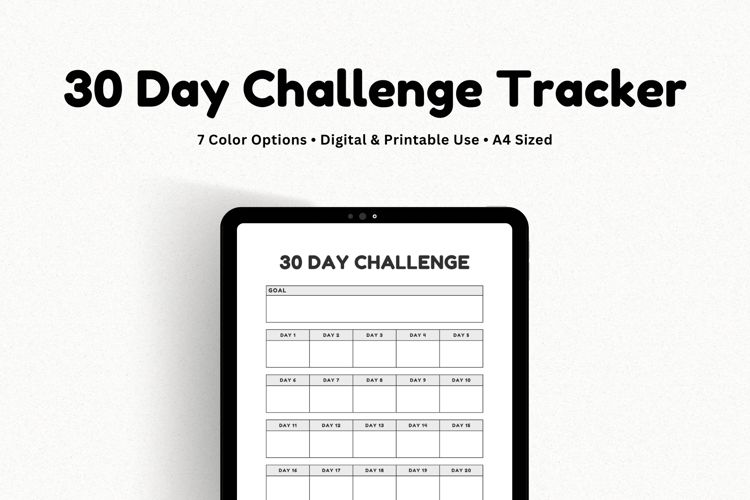We've all been there. You set a New Year's resolution to learn a language, get in shape, or finally conquer that creative writing project you've been putting off. You start strong, feeling motivated and energized. But then, life gets busy, a slip-up happens, and suddenly your grand plans have fizzled out. The gym membership gathers dust, the language app goes unopened, and your half-written manuscript gets abandoned mid-draft.
Sound familiar? Don't worry, you're not alone. Sticking to new habits can be incredibly challenging. But what if I told you there were ways to make those habits stick for good? Here are 5 powerful tips to transform your approach and finally turn those "new year, new me" aspirations into lasting lifestyle changes.
1. Ditch the All-or-Nothing Mindset:
We often fall into the trap of viewing habit formation as a binary system: success or failure. One slip-up and suddenly discouragement sets in, leading to complete abandonment of the new habit. But this harsh approach sets us up for failure. The truth is that slip-ups are inevitable. They don't erase all your hard work. Instead of dwelling on setbacks, acknowledge them, learn from them, and most importantly, jump right back on track. Focus on making progress, not achieving perfection. Every small step forward is a win, and those wins add up!
2. Start Small:
Imagine trying to run a marathon on the first day of training. Sounds intimidating, right? The same principle applies to habits. Trying to overhaul your entire routine overnight is a recipe for overwhelm and eventual abandonment. Instead, start incredibly small. Want to meditate? Begin with just 5 minutes a day. Aiming to read more? Start with 10 pages. These tiny, achievable goals will build your confidence and make sticking with your habit feel manageable and even enjoyable.
3. Consistency is Key:
The secret sauce for habit formation? Consistency! When it comes to building new habits, consistency trumps intensity! Aim to do your new habit most days of the week, even if it's just for a short period. Short but consistent efforts are key! Think of it like building muscle memory. The more you perform an action, even for brief periods, the easier it becomes and the stronger the habit gets. Over time, consistency becomes the secret weapon that makes new habits stick for the long haul! So, don't worry about marathon sessions - focus on showing up consistently, and you'll be amazed at the progress you make.
4. Stack Your Habits:
Do you ever find yourself forgetting to do something you meant to because you got caught up in your regular routine? Habit stacking uses this to your advantage! This technique involves pairing your new habit with an existing one you already do on autopilot. For instance, brushing your teeth in the morning? Perfect time to do 10 squats! Sitting down for your morning coffee? Ideal moment to journal for 5 minutes. By attaching your new habit to an established one in your routine, you seamlessly integrate it into your day, making it less likely to be forgotten.
5. Track Your Progress:
Seeing your dedication manifested in tangible ways is a powerful motivator! There are many ways to track your progress. Use a habit tracker app, a bullet journal, or simply mark an 'X' on a calendar. Witnessing your progress visually builds momentum and fuels your desire to keep going. So celebrate every milestone, big or small, to stay engaged and motivated on your journey towards lasting change!
Looking for a fun and visual way to track your progress? Check out our collection of habit tracker printables below!
Common Roadblocks and How to Overcome Them
Remember, building new habits is a marathon, not a sprint. Even with the best intentions, you may still face some bumps along the way. Here's how to overcome some common roadblocks you might encounter using the strategies we've already discussed:
1. Loss of Motivation: It's natural to experience dips in motivation from time to time. Remember our tip to start small and celebrate even tiny victories? A manageable routine is your friend, especially on low-energy days. But even with small goals, motivation can still wane. Here are some strategies to reignite your spark and keep you moving forward:
- Plan for dips: Schedule shorter or easier versions of your habit for low-energy days. This keeps you engaged and prevents a complete halt. Even doing a mini-version of your habit can fuel momentum and reignite motivation, getting you back on track.
- Identify your motivators: Reflect on what initially sparked your interest in this habit. Keep a list of inspirational quotes or activities that can reignite your spark. This could be a motivational podcast you listen to, a quote you revisit, or a picture of your goals.
- Reward yourself: Celebrate milestones, big or small, and schedule mini-rewards for completing your habit, even on low-energy days. Reaching mini-goals reinforces positive behavior and keeps you motivated to continue.
By planning for dips in motivation and building a toolbox of motivational strategies you can overcome temporary setbacks and stay committed to your habit formation journey.
2. Boredom: Habits can become monotonous. To combat this, revisit our tip on stacking your habits. Pairing your new habit with an existing one keeps things interesting. Additionally, you can infuse variety within the habit itself to keep things fresh and engaging. Here are some ideas:
- If your habit is reading: Try different genres, set a timer to read for short bursts and then switch to another activity, or join a book club to discuss what you're reading.
- If your habit is exercising: Alternate between high-intensity and low-intensity workouts, explore different workouts (cardio, strength training, yoga, swimming), try a new fitness class, or explore outdoor activities like hiking or biking.
- If your habit is meditation: Experiment with different guided meditations, focus on different aspects of meditation (mindfulness, breathwork, visualization), or try meditating in a different location.
- If your habit learning a language: Use different language learning apps, watch movies or listen to music in your target language, or find a language exchange partner.
By keeping things fresh and engaging, you'll be more likely to stick with your new habit in the long run.
3. Unforeseen Obstacles: Life throws curveballs! Don't let unexpected events derail your progress. Here's how the tips we discussed can help you stay on track:
- Start small, build resilience: By starting small, you create a habit that's easier to maintain even during disruptions. Small, consistent efforts create a foundation that's harder to break, even when life gets messy.
- Plan for potential hiccups: To minimize disruptions consider potential conflicts when scheduling your habit. Schedule it around existing commitments. Consider potential overlaps and build in wiggle room. For example, schedule workouts around meetings instead of rigidly before them. This seamlessly integrates your habit into your daily routine.
- Embrace flexibility, don’t be afraid to adapt: When life throws curveballs, be flexible with your goals. Allow for rest days and adjust your routine as needed. If a complete derailment happens, don't give up! Get back on track with a shorter version of your habit or a quick catch-up session. Remember, a mini-version of your habit is better than skipping entirely. Consistency is about showing up most days, not necessarily flawless execution.
This combination of planning, flexibility, and a manageable routine equips you to bounce back from unexpected hurdles and stay on track with your new habits.
Conclusion
Remember, building lasting habits takes time and dedication. Don't get discouraged by setbacks - they're a normal part of the process. Focus on progress, not perfection. By following these tips and staying committed, you can turn your goals into lasting habits, paving the way for a healthier, happier you! So take that first step today, and watch your new habits take root!






Comments ()